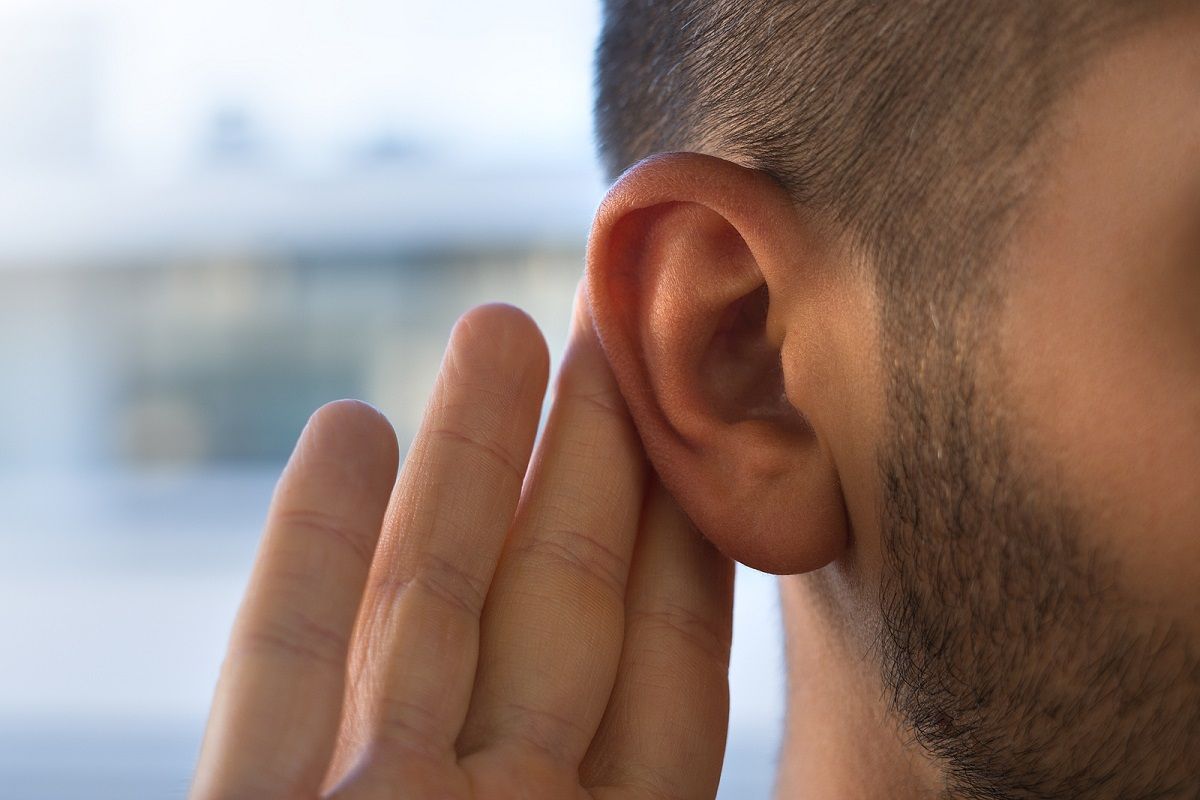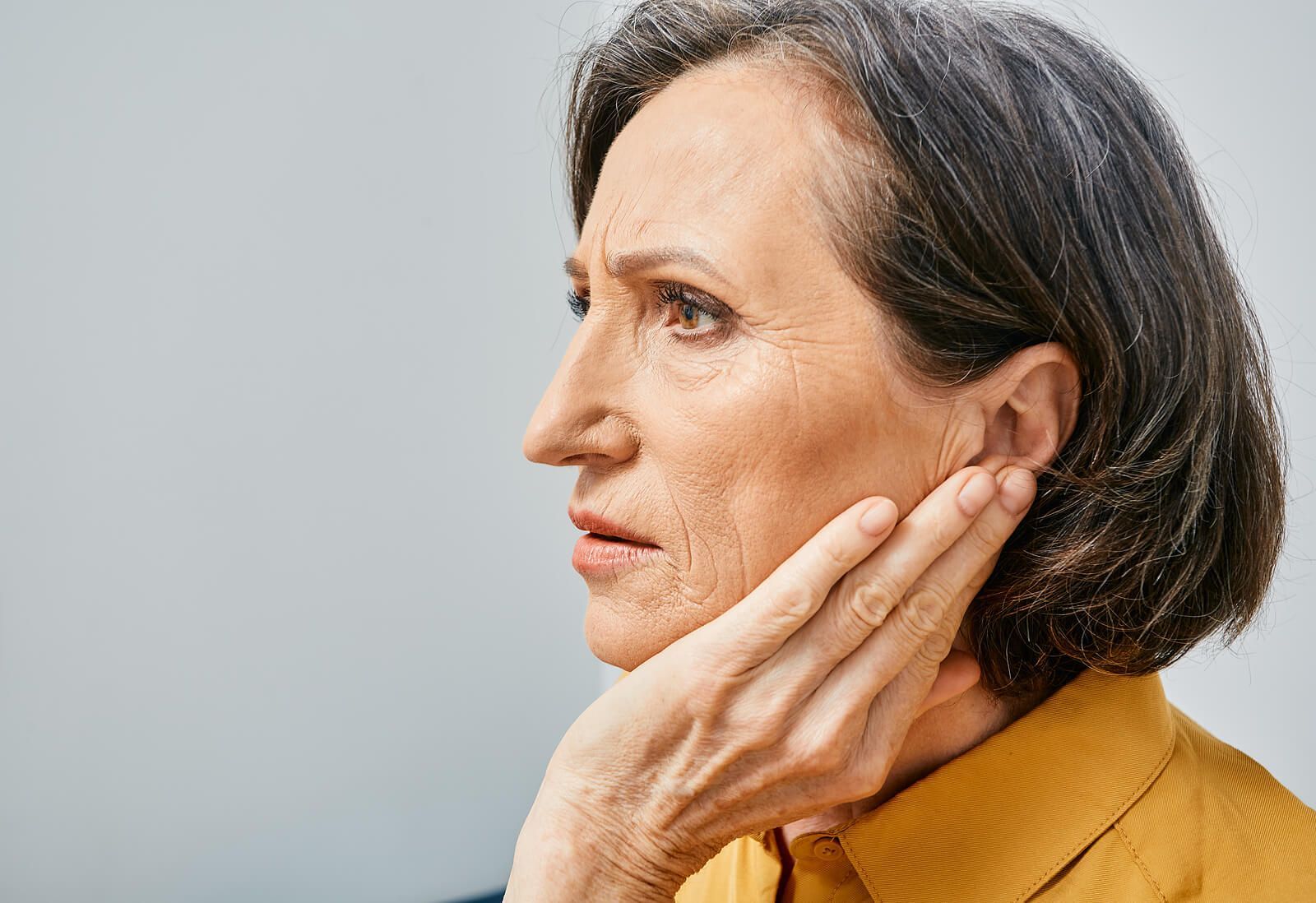Hearing Loss Overview
Hearing Loss
Did you know that hearing loss is the third most common health condition in the United States? According to the National Institute on Deafness and Other Communication Disorders (NIDCD), approximately 15% of American adults aged 18 and over report some trouble hearing.
While hearing loss can happen at any age, it is most common in older adults. In fact, about one-third of adults aged 65 to 74 have hearing loss, and nearly half of those aged 75 and older have difficulty hearing. As the life expectancy of people is increasing in general, the number of Americans with hearing loss is only expected to increase as well.

Types of Hearing Loss
There are two main types of hearing loss: sensorineural and conductive. Sensorineural hearing loss is caused by damage to the inner ear or the auditory nerve, and it is permanent. It occurs when the tiny hair cells in the inner ear deteriorate and makes it difficult to hear soft sounds. Additionally, understanding speech becomes challenging, and it can feel like you're constantly flooded by background noise. Conductive hearing loss occurs when there is a problem with the bones in the middle ear or with the ear canal, and it is often treatable. Like sensorineural hearing loss, this type also makes it hard to hear soft noises; however, louder sounds become muffled.
Common Causes of Hearing Loss
-
Medications
More than 200 medications have been identified as ototoxic or harmful to hearing health. Some anti-inflammatory medications, antibiotics, and chemotherapy drugs have been shown to cause permanent damage.
-
Tumors
Hearing loss can be caused by two types of abnormal skin growths in the middle ear, acoustic neuromas, and cholesteatomas.
-
Tramua
Extremely loud noises or physical impacts to the head can cause inner ear damage.
-
Infections and Disorders
Hearing loss may result from lupus or thyroiditis, which are autoimmune disorders, while mumps, meningitis, and measles are among the viral infections known to cause hearing loss.
-
Loud Noise
Noise-induced hearing loss (NIHL) can result from prolonged exposure to sounds above 85 decibels or from a single, intense noise event such as an explosion.
-
Aging
More than one-third of people aged 65-74 suffer from age-related hearing loss, known as presbycusis. Frequently affecting both ears, this condition develops slowly over time, making it difficult to detect.
While conductive hearing loss shares many similar causes with sensorineural hearing loss, the majority of them are physical in nature, consisting of different blockages and damages. Sound is unable to, or has great difficulty in, reaching the inner ear to be properly processed and transmitted to the brain. Some of the physical causes include benign tumors, impacted earwax, malformation of ear anatomies, perforated eardrums, and obstruction by foreign objects. Other causes are the result of various medical conditions such as otosclerosis, ear infections, allergies, and fluid in the middle ear from colds.
Signs and Symptoms of Hearing Loss
If you believe you may be experiencing some form of hearing loss, be sure to look out for these common signs and symptoms:
- Difficulty understanding speech, especially when there is background noise present
- Needing to ask people to repeat themselves often
- Feeling like people are mumbling when they talk
- Turning up the volume on the television or radio more than usual
- Ringing in the ears (tinnitus)
- Withdrawing from conversations or social activities
At Stay In Touch Hearing Aids, we are experienced in treating all types of hearing impairment. If you think you might be experiencing any of these signs or symptoms of hearing loss, don't hesitate to contact us - the sooner you get help, the better!

Links:
All Rights Reserved | Stay In Touch
